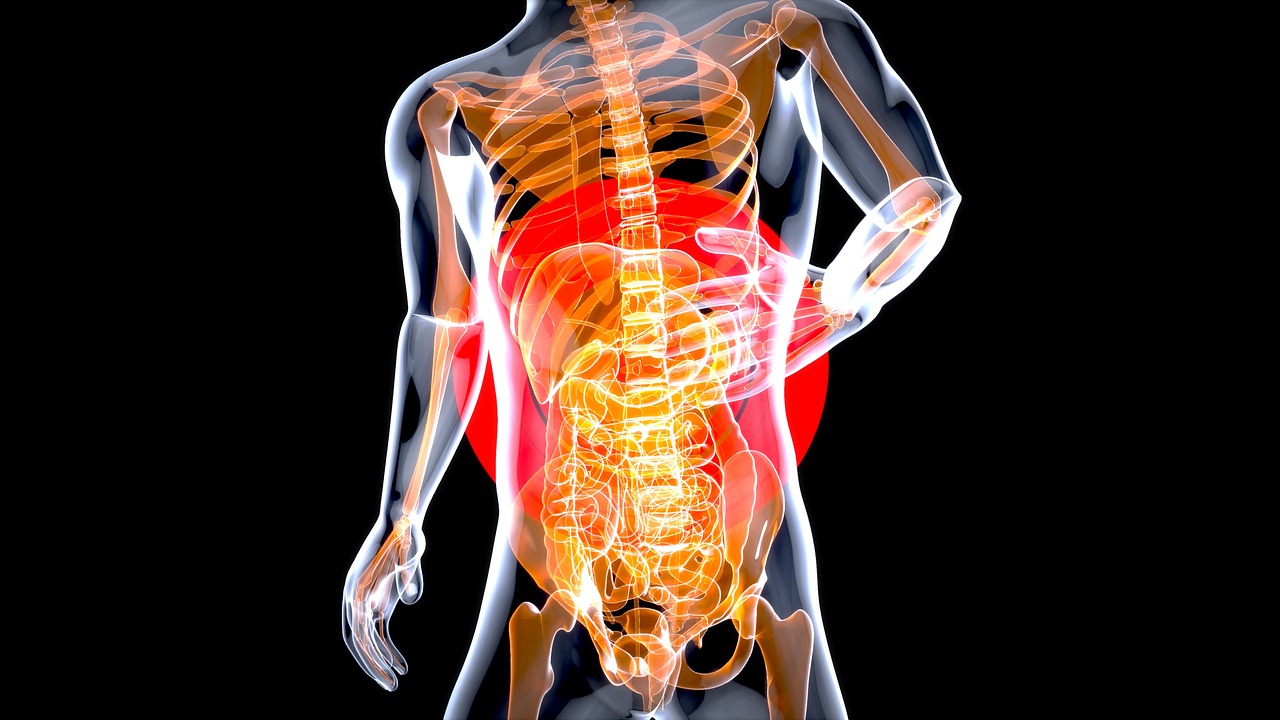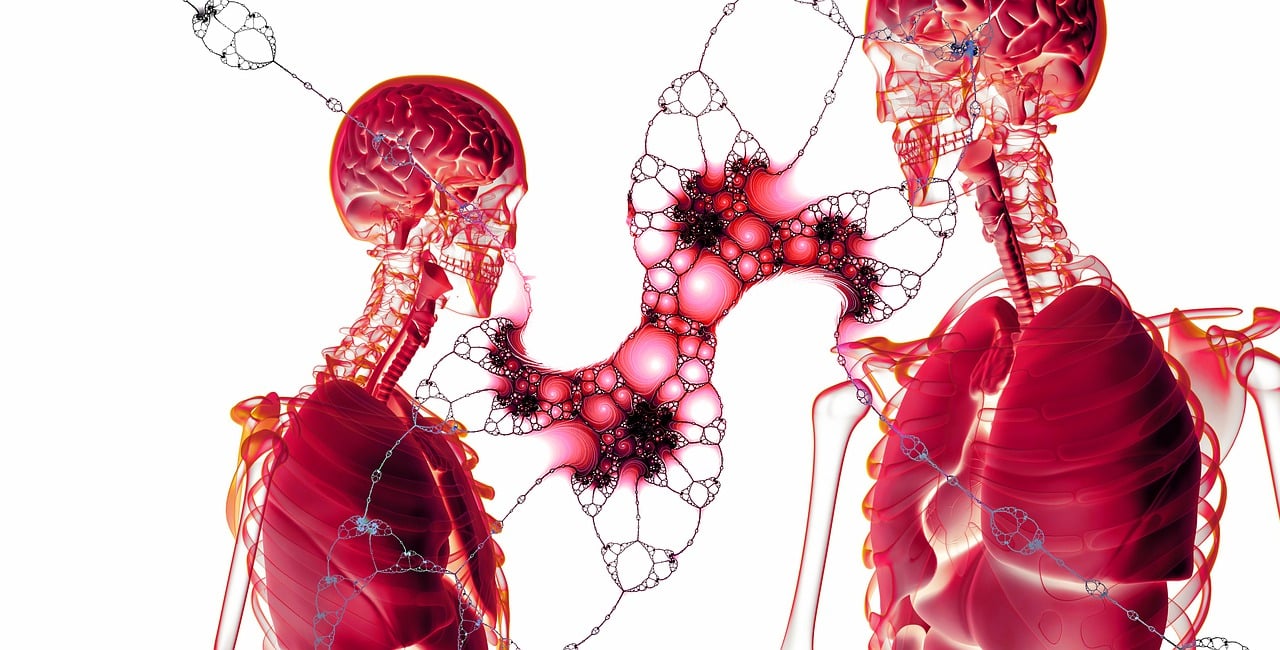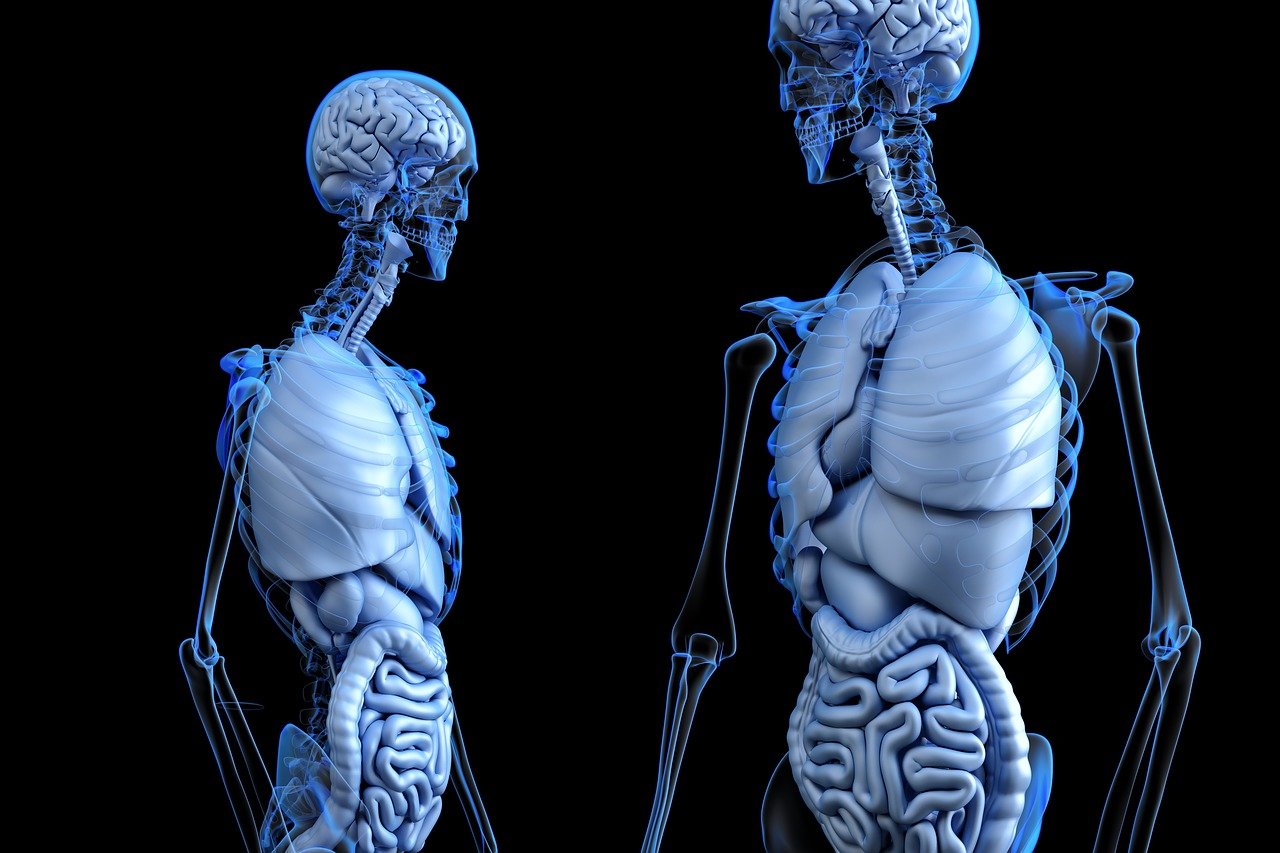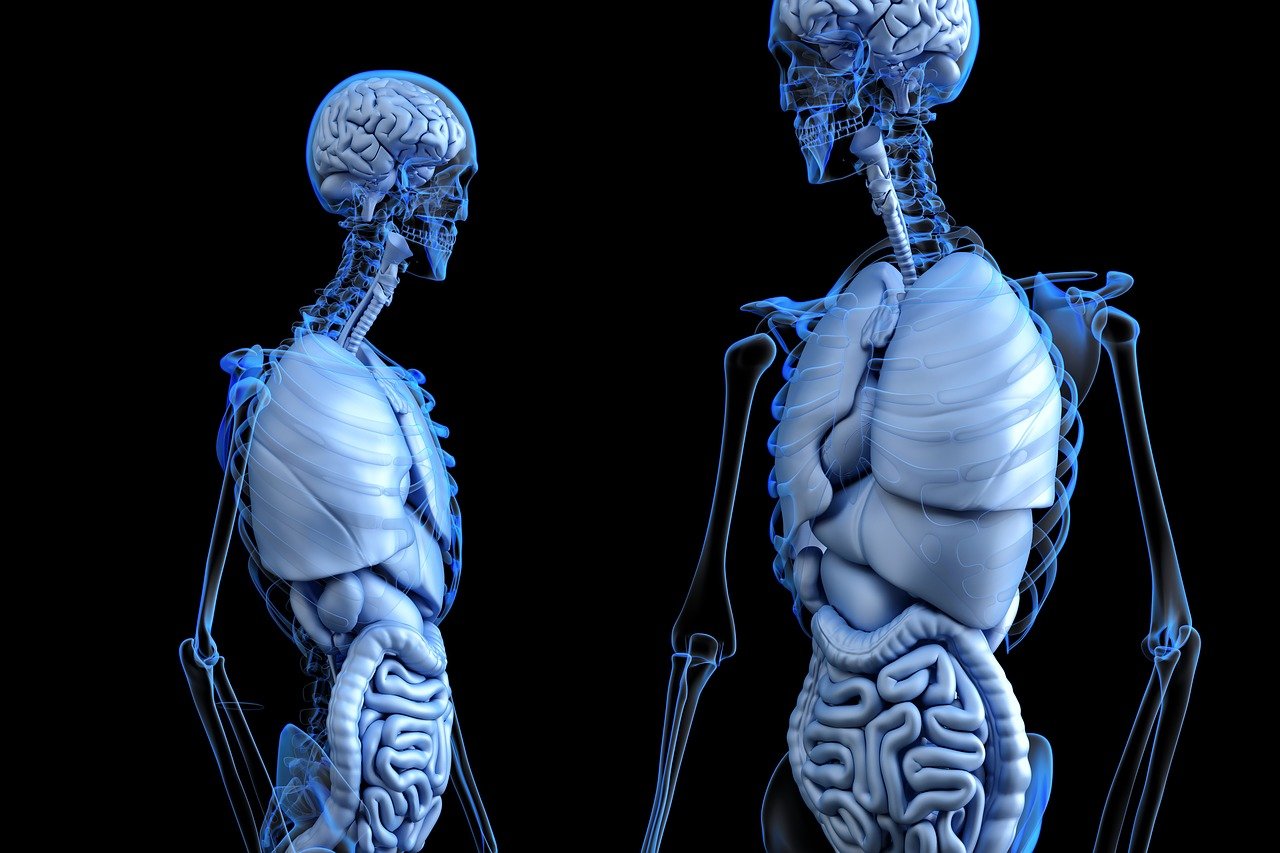At HopaCoffee.com, we’re all about enhancing your love for coffee. That’s why we’re excited to delve into a topic that might have crossed your mind while sipping your morning cup: the impact of coffee on digestion. As coffee enthusiasts ourselves, we understand the importance of a smooth and comfortable digestive system. In this article, we’ll take you on a journey to explore how coffee can affect your digestion, uncovering a few surprises along the way. So, grab your favorite brew and let’s embark on this fascinating exploration together.

Potential Benefits of Coffee on Digestion
Moderate Amounts of Coffee Can Stimulate Digestion
Coffee has long been known to have a stimulating effect on the body, including the digestive system. When consumed in moderate amounts, coffee can help to stimulate digestion. The caffeine in coffee acts as a natural stimulant, increasing the activity of the muscles in the digestive tract. This can help to promote regular bowel movements and alleviate symptoms of constipation. However, it is important to note that excessive consumption of coffee can have the opposite effect and lead to digestive issues such as diarrhea.
Coffee May Increase Contractions in the Colon
In addition to stimulating digestion, coffee has also been found to increase contractions in the colon. These contractions, also known as peristalsis, help to move waste through the digestive system more efficiently. By increasing the speed at which waste moves through the colon, coffee can help to prevent the buildup of toxins and promote overall digestive health.
Coffee Can Aid in Bowel Movements
For those who struggle with bowel movements, coffee can be a helpful tool. The caffeine in coffee acts as a natural laxative, stimulating the muscles in the colon and promoting bowel movements. This can be particularly beneficial for individuals who suffer from chronic constipation. However, it is important to note that reliance on coffee for regular bowel movements can lead to dependence and may disrupt natural bowel function in the long term. It is always best to maintain a balanced diet and lifestyle for optimal digestive health.
Effect of Coffee on Stomach Acid Production
Coffee May Increase Stomach Acid Production
While coffee can offer benefits to digestion, it is important to consider its potential effects on stomach acid production. Coffee has been found to stimulate the production of stomach acid, which is necessary for proper digestion. However, excessive consumption of coffee can lead to an overproduction of stomach acid, which can result in symptoms such as heartburn, indigestion, and acid reflux. It is important to listen to your body and consume coffee in moderation to avoid these negative effects.
Coffee and Gastroesophageal Reflux Disease (GERD)
For individuals who suffer from gastroesophageal reflux disease (GERD), coffee can be a trigger for symptoms. GERD is a condition characterized by the backward flow of stomach acid into the esophagus, causing symptoms such as heartburn and regurgitation. The consumption of coffee, particularly in large amounts or on an empty stomach, can exacerbate these symptoms. It is recommended that individuals with GERD limit their coffee intake or opt for low-acid coffee alternatives to help manage their symptoms.

Coffee and Gut Health
The Impact of Coffee on the Gut Microbiota
The gut microbiota, comprised of trillions of bacteria, plays a crucial role in digestive health. Emerging research suggests that coffee may have an impact on the gut microbiota. Studies have shown that coffee consumption can alter the composition of the gut microbiota, promoting the growth of beneficial bacteria. These changes in the gut microbiota may have positive effects on digestion and overall gut health. However, it is important to note that more research is needed to fully understand the relationship between coffee and the gut microbiota.
Coffee and Irritable Bowel Syndrome (IBS)
Irritable bowel syndrome (IBS) is a common disorder characterized by symptoms such as abdominal pain, bloating, and changes in bowel habits. For individuals with IBS, certain dietary factors, including coffee, can trigger symptoms. The caffeine and acids in coffee can irritate the digestive system and worsen symptoms in individuals with IBS. It is recommended that individuals with IBS limit or avoid coffee consumption to help manage their symptoms.
Coffee and Inflammatory Bowel Disease (IBD)
Inflammatory bowel disease (IBD) is a chronic condition characterized by inflammation of the digestive tract. Coffee consumption has been found to have varying effects on individuals with IBD. While some individuals find that coffee exacerbates their symptoms, others may find that it has no effect or even provides relief. It is important for individuals with IBD to listen to their bodies and determine how coffee affects their symptoms on an individual basis.
Coffee and Gallbladder Function
Caffeine and Gallstone Formation
Gallstones are hardened deposits that form in the gallbladder. Coffee consumption has been associated with a reduced risk of gallstone formation. The caffeine in coffee is thought to stimulate the gallbladder, increasing its contractions. This increased activity may help to prevent the buildup of bile and the formation of gallstones. However, it is important to note that excessive consumption of coffee can have negative effects on gallbladder function and may increase the risk of gallstone formation.
Coffee Consumption and Gallbladder Contractions
Coffee has been found to stimulate the contractions of the gallbladder, which can aid in the digestion of fats and promote overall gallbladder health. These contractions help to release bile into the digestive system, which is necessary for the breakdown and absorption of dietary fats. By promoting gallbladder contractions, coffee can support healthy digestion and help to prevent the development of gallbladder-related issues.

The Role of Coffee in Liver Function
Coffee and Liver Disease
Research has shown that coffee consumption may have a protective effect on the liver. Regular coffee consumption has been associated with a reduced risk of liver disease, including conditions such as liver fibrosis, cirrhosis, and liver cancer. The exact mechanisms behind these protective effects are still being studied, but it is believed that the compounds found in coffee, such as caffeine and antioxidants, play a role in promoting liver health.
Coffee and Liver Cancer
Liver cancer is a serious condition that can have devastating effects on health. Studies have shown that coffee consumption may be associated with a reduced risk of liver cancer. The antioxidants and other bioactive compounds found in coffee are believed to have anti-cancer properties, which may help to prevent the development of liver cancer. However, it is important to note that the protective effects of coffee may vary depending on individual factors and lifestyle choices.
Coffee and Pancreatic Health
Coffee and Pancreatic Cancer
Pancreatic cancer is one of the most deadly forms of cancer, with a low survival rate. Research has shown that coffee consumption may be associated with a reduced risk of pancreatic cancer. The compounds found in coffee, such as chlorogenic acid and caffeine, have been found to have anti-cancer properties that may help to inhibit the growth of cancer cells in the pancreas. However, it is important to note that more research is needed to fully understand the relationship between coffee and pancreatic cancer.
Coffee and Pancreatitis
Pancreatitis is a condition characterized by inflammation of the pancreas. Coffee consumption has been found to have both positive and negative effects on individuals with pancreatitis. Some studies suggest that coffee consumption may increase the risk of developing pancreatitis, while others have found no association. It is important for individuals with pancreatitis to listen to their bodies and determine how coffee affects their symptoms on an individual basis.
Coffee and Digestive Disorders
Coffee and Acid Reflux
Acid reflux occurs when stomach acid flows back into the esophagus, causing symptoms such as heartburn and regurgitation. For individuals who suffer from acid reflux, coffee consumption can exacerbate these symptoms. The caffeine and acids in coffee can relax the lower esophageal sphincter, allowing stomach acid to flow back into the esophagus. It is recommended that individuals with acid reflux limit or avoid coffee consumption to help manage their symptoms.
Coffee and Diarrhea
While coffee can have a stimulating effect on digestion, excessive consumption or sensitivity to coffee can lead to diarrhea. The caffeine in coffee acts as a natural stimulant, increasing the speed at which waste moves through the digestive system. This can result in loose stools and more frequent bowel movements. Individuals who experience diarrhea after consuming coffee may benefit from reducing their intake or opting for decaffeinated alternatives.
Coffee and Constipation
Coffee has long been used as a natural remedy for constipation due to its ability to stimulate the muscles in the colon. However, excessive consumption or sensitivity to coffee can have the opposite effect and lead to constipation. Caffeine is a diuretic, which can cause dehydration and contribute to the hardening of stools. It is important to listen to your body and consume coffee in moderation to avoid disruptions in natural bowel function.
Dealing with Digestive Side Effects of Coffee
Limiting Coffee Intake
If you experience digestive side effects from coffee, it may be beneficial to limit your intake. By reducing the amount of coffee you consume, you can help to alleviate symptoms such as acid reflux, diarrhea, and constipation. It is important to listen to your body and find a balance that works for you.
Choosing Alternative Brewing Methods
The way coffee is brewed can also impact its effects on digestion. Certain brewing methods, such as espresso or French press, can result in a higher concentration of oils and acids in the final cup. These compounds may irritate the digestive system and exacerbate symptoms. Opting for brewing methods that use paper filters, such as drip coffee or pour-over, can help to remove these irritants and minimize digestive side effects.
Adding Milk or Cream to Coffee
The addition of milk or cream to coffee can help to neutralize some of the acids present in the beverage. This can be particularly beneficial for individuals who experience acid reflux or stomach discomfort after consuming coffee. Additionally, the fat content in milk or cream can help to create a protective barrier in the stomach, reducing the risk of irritation.
Pairing Coffee with Food
Pairing coffee with a meal or snack can help to mitigate its effects on digestion. Eating food along with coffee can help to absorb some of the acids and provide a buffer for the stomach. It is recommended to consume coffee with a balanced meal or snack to minimize any potential digestive side effects.
Drinking Decaffeinated Coffee
For individuals who are sensitive to caffeine or have digestive issues, switching to decaffeinated coffee may be a viable option. Decaffeinated coffee contains significantly less caffeine than regular coffee, which can help to alleviate symptoms such as acid reflux, diarrhea, and constipation. It is important to note that decaffeinated coffee still contains some caffeine, although in much smaller amounts.
Personal Sensitivities to Coffee
The Role of Individual Sensitivity in Digestive Effects
Individual sensitivity plays a significant role in how coffee affects digestion. While some individuals may be able to tolerate multiple cups of coffee without issue, others may experience symptoms after just one cup. Factors such as genetics, overall health, and lifestyle choices can impact an individual’s tolerance to coffee and its effects on digestion. It is essential to listen to your body and make informed choices based on how coffee affects you personally.
Identifying Personal Tolerance to Coffee
If you are unsure about your personal tolerance to coffee, it may be helpful to keep a food diary. This can help you track any digestive symptoms or discomfort that occur after consuming coffee. By reviewing your food diary and identifying patterns, you can gain insight into how coffee affects your digestion and make adjustments accordingly. It may also be beneficial to consult with a healthcare professional or registered dietitian for personalized guidance.
Conclusion
Coffee has a complex relationship with digestion, offering potential benefits and drawbacks. While moderate coffee consumption can stimulate digestion, aid in bowel movements, and support liver health, excessive consumption or sensitivity to coffee can lead to issues such as acid reflux, diarrhea, and constipation. It is important to find a balance that works for you and to listen to your body’s unique needs. By understanding the potential effects of coffee on digestion and making informed choices, you can enjoy this beloved beverage while promoting digestive health.

